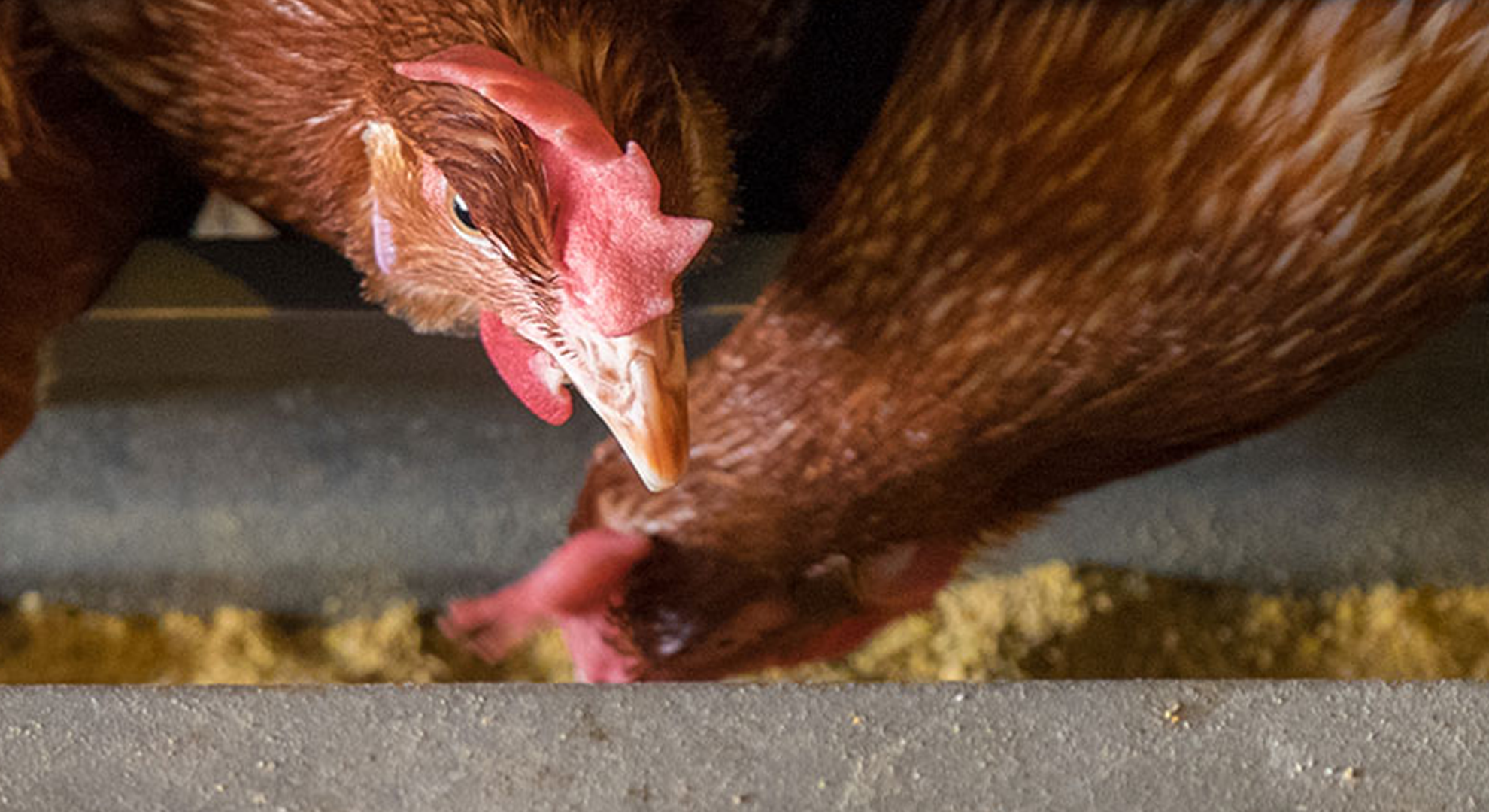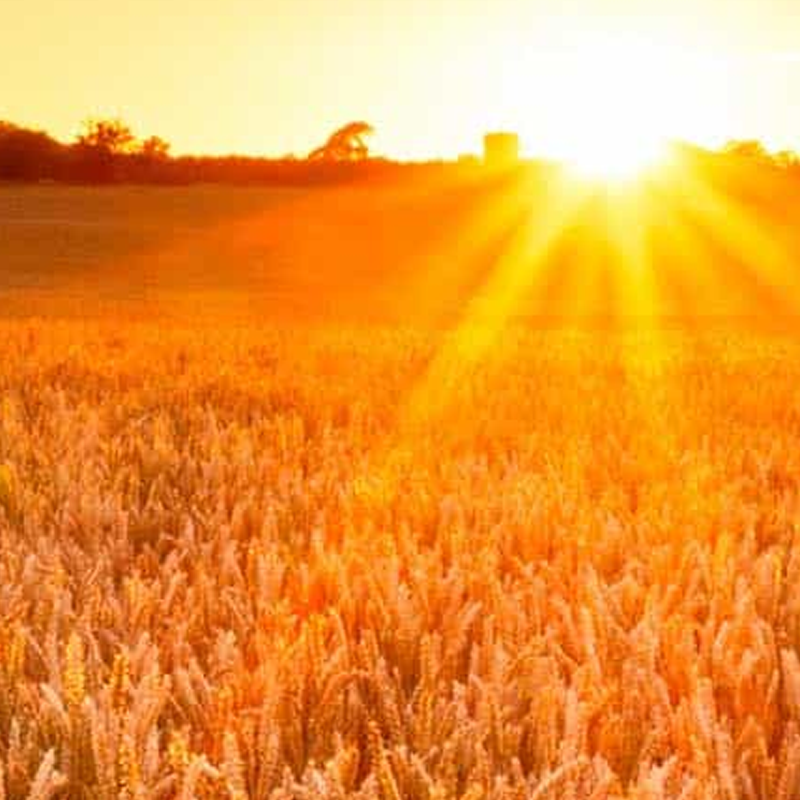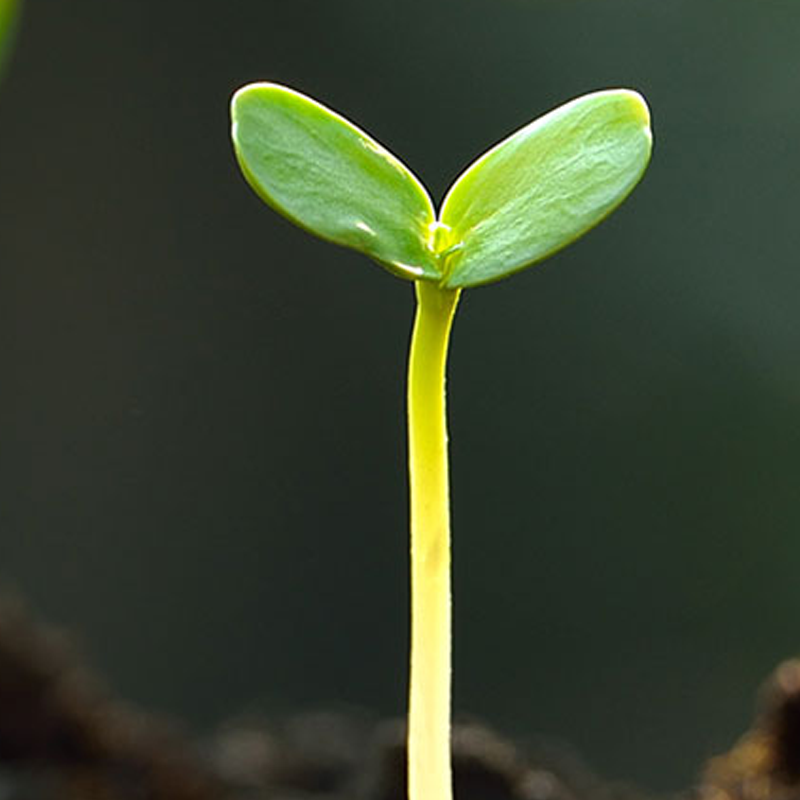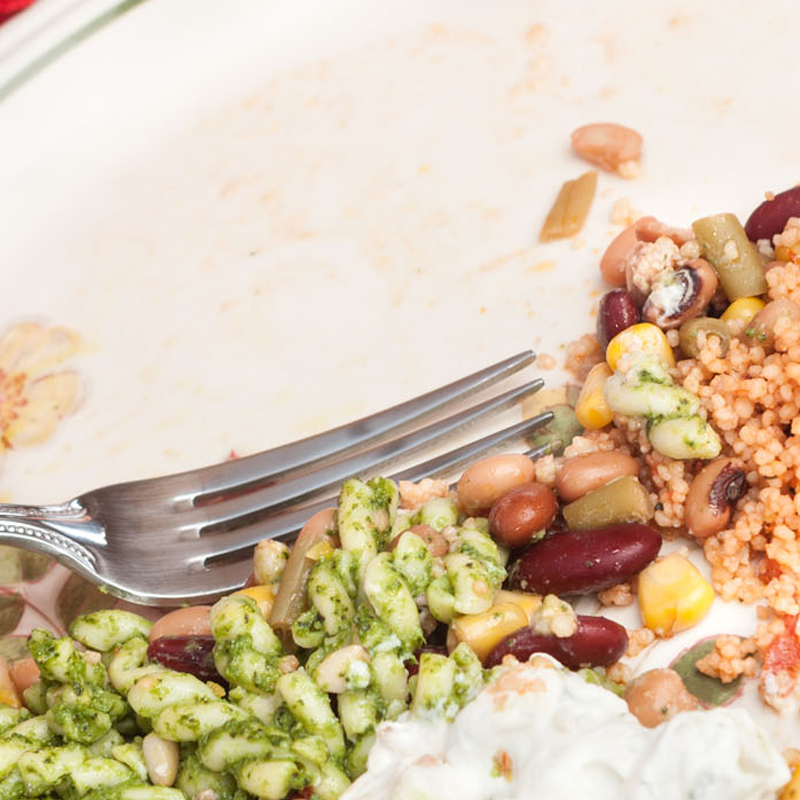
The Future of Food: Sustainable protein strategies around the world
Food systems now account for 26% of global emissions, 51% of the world's habitable surface, and 70% of freshwater use.
This means that we urgently need to change the way we produce and consume food if we’re going to meet our net-zero targets and end the climate crisis.
A sufficient and sustainable supply of protein is vital to support a healthy human population, and a healthy planet. It is vital to meeting key targets on cutting carbon emissions to end the climate crisis, and to achieving and maintaining food security and financial security alike, to ensure the future prosperity of domestic food networks and the communities which rely on them to survive and thrive.
Since 2014, key stakeholders, governments and local authorities across Europe and beyond have been developing a diverse range of strategic sustainable protein plans aimed at meeting those interlinked needs.
Zero Waste Scotland’s ‘Future of Food’ reports review these emerging international strategies - in order to set out the need for a Scottish sustainable protein plan and provide a blueprint for what that might look like.
While each protein plan is unique to its place of origin, they all share many common characteristics including:
- Increase domestic protein production;
- Enhance feed and food sovereignty;
- Advance legislative and regulatory reform;
- Leverage funding support;
- Accelerate the bioeconomy.

The Future of Food: Lessons from the latest protein strategies
Food, from what we grow, produce, and catch, to what we put on our plates as well as waste, is one of the biggest contributors to climate change and biodiversity loss.

The Future of Food: Unlocking the benefits of Scotlands Circular Bioeconomy - Event Review
Providing a sufficient and sustainable supply of protein is vital to support a healthy human population, a healthy economy and a healthy planet.




